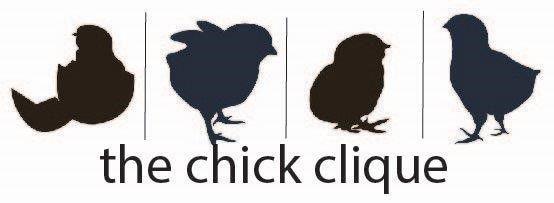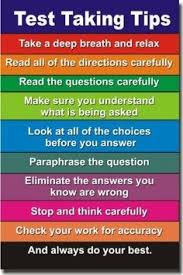
Finals are almost here.
Finding the time to study is key. Take some time to analyze how you are spending your time. Be truthful. Include the time you hang out at the fraternity house, your chapter meetings, and meeting friends to go eat. Once you’ve tracked your time, make a schedule that includes everything you need to accomplish. Put in class time, meetings, and some fun. Then go ahead and write in your study time. Make it a firm appointment.
Now that you have the time to study, pick the most boring or difficult item first. I know it’s tempting to put it off, but I promise you, it’s better if you go ahead and knock it out at the beginning. Use “waiting time” for some extra study time. While you are waiting for your clothes to dry, pick up your notes and read through them again.
Avoid cramming for tests. Cramming leads to anxiety. Anxiety leads less ability to remember things. Cramming keeps you from doing your best.
The rule of thumb is that you should spend 2 hours studying for every 1 hour you are in class. I know – you’re yelling at the screen right now. But it’s true.
Set your environment. Make your study area comfortable, but not comfortable enough you fall asleep. Make sure it’s quiet. Don’t invite others over during your study time. If you have group projects or study groups, do that in addition to your time.
Now that you’ve studied, it’s time for the exam.

If you have a multiple choice, true/false or matching test, go ahead and answer all the questions. It doesn’t make sense to leave any blank. You might get lucky. On true/false, remember if any part of the question is false, the answer is false.
Look for answers in other questions.
Don’t change your answers. Remember your first instincts are usually right.
Mark questions you can’t answer as you are going through. This will save you time at the end. Once you’ve answered all you know, you can go back and easily find the ones you need to spend more time on.
Make sure you answer the question asked. Read the questions thoroughly.
In an essay exam, make sure you understand what you are answering. Take the directions to heart. If it says compare, compare. If it says discuss, do that. If it says outline, use that format. Get to the point quickly. Don’t try to fill it with fluff.
How to Land a Great Job Even if You Have a “Useless” Degree
If you have a non-traditional, or “useless” degree, it’s vital you learn how to create a personal brand designed to show the value you bring to the table if you want to land a great job.
